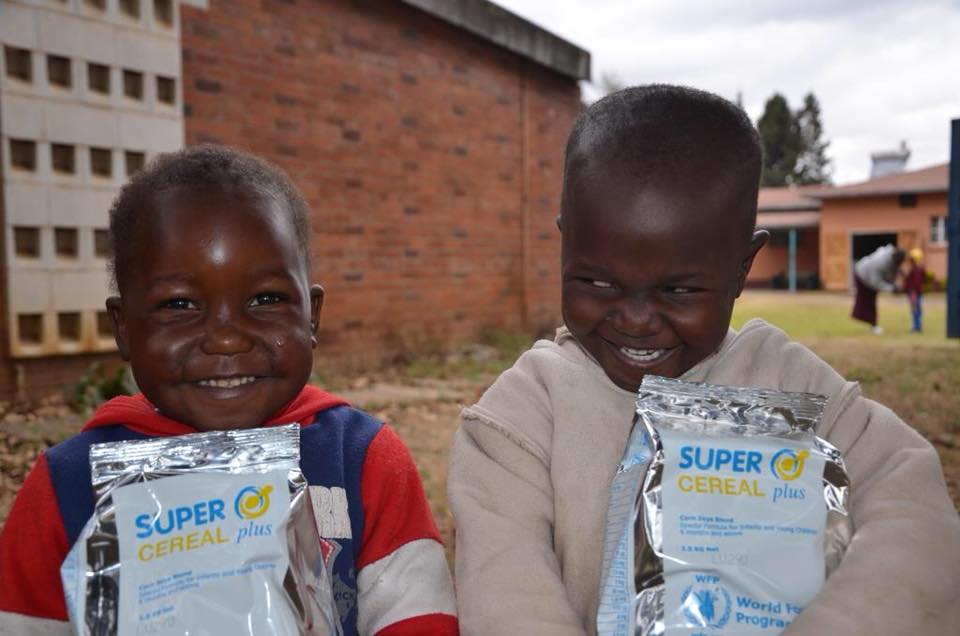The United Nations World Food Programme (WFP) in Zimbabwe has begun the implementation of its Lean Season Assistance programme for the 2018/19 season in October with a contribution (US$22 million) from the American people through the United States Agency for International Development (USAID), which will support more than 430,000 food insecure people.
“This contribution is supporting the most vulnerable people in food insecure areas in Zimbabwe over 6 months to get through what is for many the most difficult time of the year,” said WFP Zimbabwe Representative Eddie Rowe.
In Zimbabwe, more than 2.4 million people residing in the rural areas will face acute food insecurity at the peak of the lean season (January – March 2019) according to the findings of the Zimbabwe Vulnerability Assessment Committee (ZimVAC). The number is likely to increase if there is recurrence of the El Niño climatic phenomenon and late start or poor showing of the rainy season.
USAID’s Office of Food for Peace has provided support to the LSA program with a contribution towards food assistance for cash based transfers and purchase of local and regional commodities such as sorghum, as well as an additional contribution of in-kind commodities sourced from the U.S.
WFP’s ability to respond to escalating needs in the country hinges on timely and sustained financial contributions from donor nations. The U.S. Government has provided more than US$77 million in 2017 alone to emergency food support, nutritional assistance, and other programmes.
WFP is currently scaling up to provide life-saving food assistance to more than 1.1 million people per month in Zimbabwe—an effort that will require at least US$73.5 million in additional funding through April 2019.






